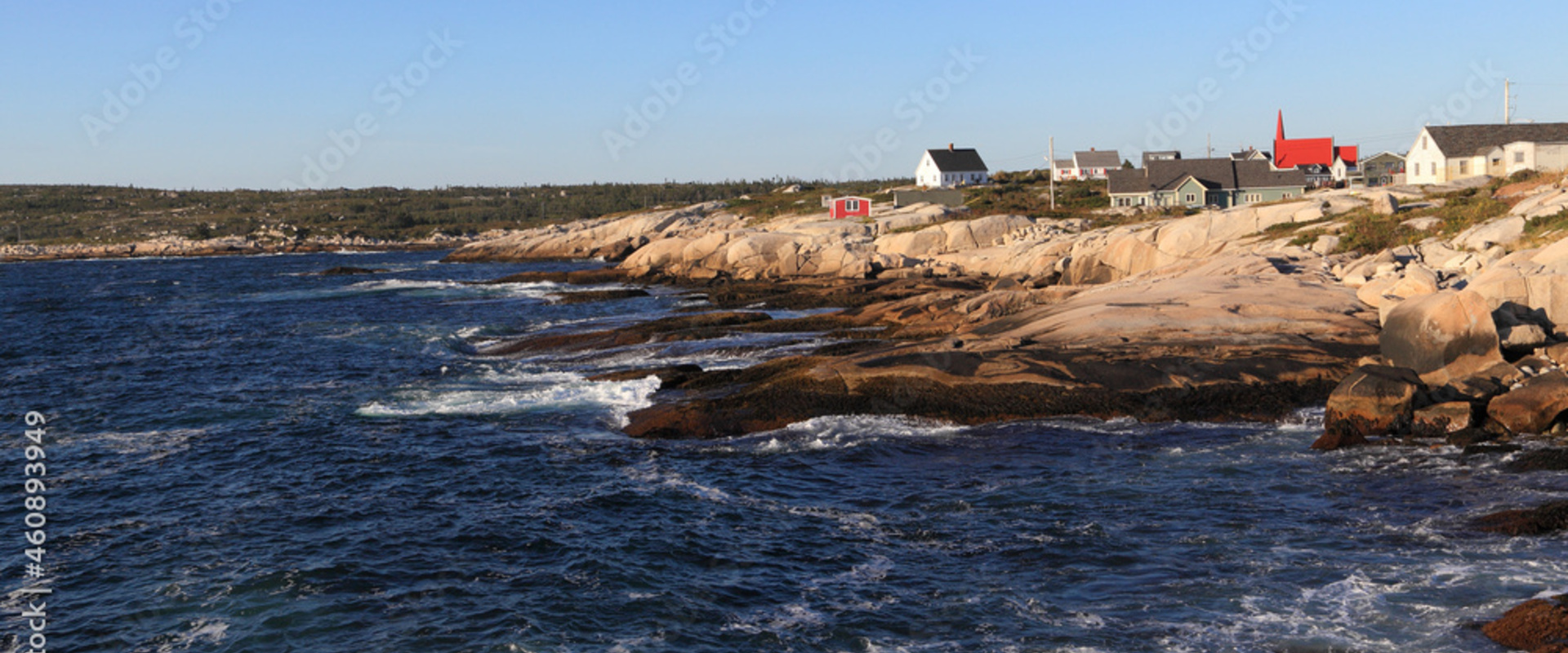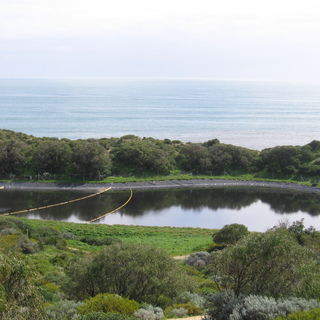Requirements
Remote and coastal communities often rely heavily on diesel generation for power, facing high costs, carbon emissions, and vulnerability to fuel supply disruptions. In Nova Scotia, Canada's Ocean Super Cluster Programme explored the use of renewable alternatives by supporting a BMT- led innovation aimed at helping small communities manage power grids fueled by tidal energy. This would decrease the reliance on diesel generators.
To make this viable there was need for a standardised smart grid solution that could seamlessly integrate tidal generators with existing diesel, PV, wind and battery infrastructure.
The solution had to be flexible, scalable, and capable of managing variable renewable inputs while ensuring consistent, stable electricity supply to the community.
Solutions
We partnered with Sustainable Marine Energy and collaborators to demonstrate the Smart Microgrid Controller as part of the Ocean Energy Smart Grid Integration Project. Installed at the Grand Passage site in Nova Scotia, the system integrated tidal energy from SME’s PLAT-I device into the local microgrid.
The controller acted as a common interface, balancing tidal generation with diesel backup, battery storage and other renewable resources. Designed as a modular platform, it allowed configuration changes without extensive hardware redesign.
The solution provided advanced functionality, including battery state-of-charge monitoring, peak shaving, and blackout warnings - ensuring reliable operation under varying conditions while enabling smooth incorporation of renewable energy.
Benefits
The project proved that tidal energy could be successfully integrated into a functioning community microgrid. This would reduce reliance on diesel and provide a cleaner, more affordable and sustainable way to support electrical power generation in the community.
The Smart Microgrid Controller demonstrated that technology can be used to stabilise supply, lower operating costs, cut green house gas emissions, and improve microgrid resilience. Importantly, the modular design means the same approach can be scaled and adapted for other remote communities across Canada and beyond.
This project demonstrated a practical pathway for communities to transition from diesel dependency to renewable-powered microgrids, improving energy security while supporting climate goals.




